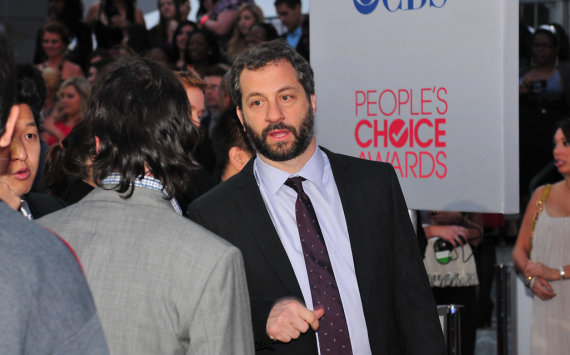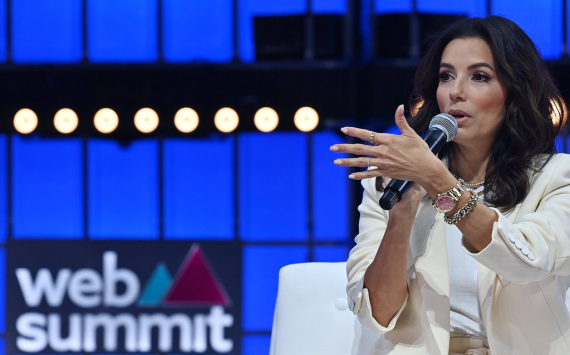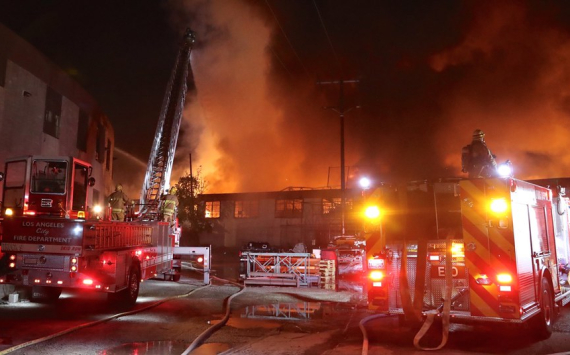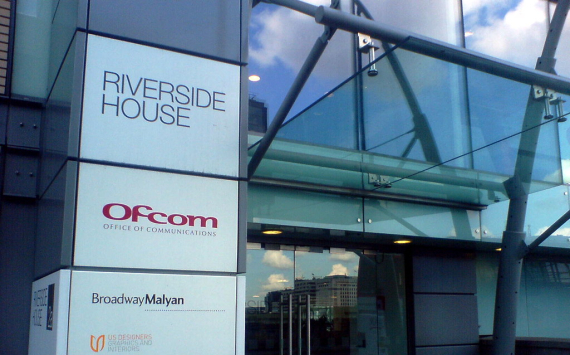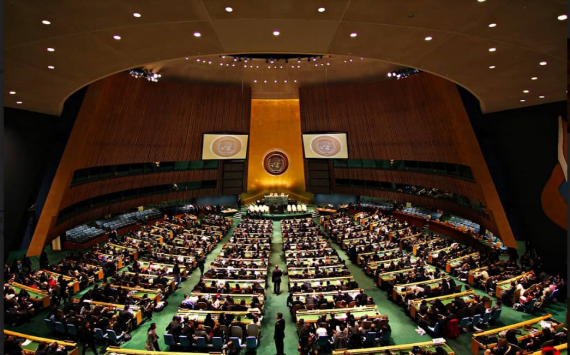
UN General Assembly in New York
The ongoing spread of the coronavirus around the world is clearly having an impact on the UN General Assembly regular session which opens on 14 September, but the very presence of dignitaries does symbolise a return to normality.
The 75th anniversary of the United Nations last year was not celebrated with a General Assembly. A new coronavirus pandemic then decimated one of the major events on the international agenda. The spread of new strains of infection and the global slowdown in vaccination threaten to affect the format of the current session too, but delegations remain optimistic and will not give up the opportunity to address a high-profile forum in person so easily.
The session will culminate in a High-Level Week from 21 to 27 September. Back in August, the host country, the United States, urged countries to move the events to an online format. The decision to switch to a hybrid hybrid system and plans to organise part of the bilateral meetings on the premises of diplomatic missions was a kind of compromise.
Meanwhile, New York authorities began to prepare for the arrival of representatives of the global establishment. The number of law enforcers and security personnel increased in the streets around the UN headquarters.
Rallies and fences
Over the past week, the area around the citadel of the international community has begun to draw more and more people. For instance, there are rallies in front of the building because of the situation in Afghanistan. The police are gradually setting up barriers. During the high week the neighbouring avenues will be closed off and access to the UN will only be possible with accreditation. Construction work was going on at the entrance of the building over the weekend, with the noise of machinery. Inside, life has also intensified. The August lull in activity, interrupted by the Afghan crisis, has ended. The United Nations police presence on the Security Council floor has been reinforced, with officers finding time to exchange jokes with familiar journalists for the time being.
The impending restrictions upset media representatives who wanted to speak to the visiting heads of state and government in person.


